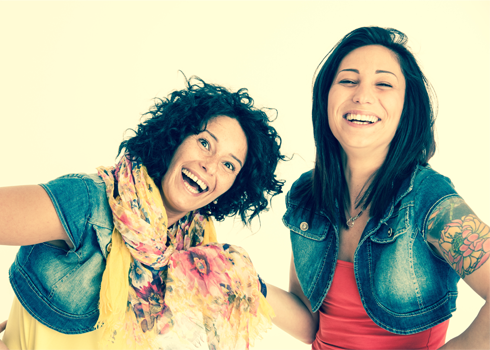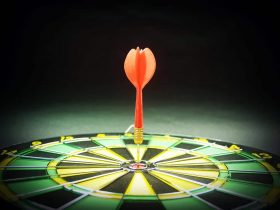Our Practice
Sasha Ginsburg and Erin Lotz were born and raised in Los Angeles. They met working together in 2010 as therapists at Cedars Sinai Medical Center, teaching Dialectical Behavioral Therapy (DBT) and using it to treat patients struggling with many different diagnoses. After sometime, they discovered that was a huge gap in the field of Mental Health and they decided to launch a clinic in West Los Angeles dedicated to teaching DBT individually and in group settings.
Mindfulness-Based Interventions
Mindfulness-based interventions, therapeutic approaches grounded in mindfulness, promote the practice as an important part of good physical and mental health. Mindfulness-based stress reduction, mindfulness-based cognitive therapy (MBCT), dialectal behavior therapy (DBT), and acceptance and commitment therapy (ACT) are some mindfulness-based interventions currently utilized in therapy. Designed to deliberately focus a person’s attention on the present ...
Read More Courage, Vulnerability, and Strength: How Therapy Empowers Us
By Manuel A. Manotas, PsyD, Mindfulness-Based/Contemplative Approaches Topic Expert Contributor Psychotherapy can be about more than treating symptoms; it can be a path to living a more fulfilling life. People often begin therapy to alleviate symptoms—a worthy goal, to be sure. But perhaps even more compelling is the ability of psychotherapy to help us ...
Read More Slow Down, You Move Too Fast
By SAKYONG MIPHAM RINPOCHE A month or two after returning from a trip to Tibet, I ran into Aaron, a physician who had traveled with me. I asked him how it felt to be back in the West. He said that he felt as if he were winding up and getting ...
Read More How Gratitude Changes You and Your Brain
By Joel Wong and Joshua Brown Evan Kirby/Unsplash With the rise of managed health care, which emphasizes cost-efficiency and brevity, mental health professionals have had to confront this burning question: How can they help clients derive the greatest possible benefit from treatment in the shortest amount of time? Recent ...
Read More LOL Now
By MIndfull Staff Laughter is very serious business. Just ask John Cleese, who sings the praises of spontaneous laughter—“he who laughs most, learns best”—and believes “true laughter… destroys any kind of system of dividing people.” The Mayo Clinic is also big on laughing, since it not only “lightens your load ...
Read More The Practice of Love
By John Welwood For many of us, opening our hearts to ourselves may be the hardest part of the path. John Welwood on how and why meditation helped him do it — unconditionally. Freud once admitted in a letter to Jung that “psychoanalysis is essentially a cure through love.” Yet ...
Read More What Is More Important: Will or Skill?
By Edie Weinstein, MSW, LSW “Champions aren’t made in gyms. Champions are made from something they have deep inside them-a desire, a dream, a vision. They have to have the skill and the will. But the will must be stronger than the skill.” – Muhammad Ali Recently, I was in ...
Read More Music as Medicine: 3 Ways Your Favorite Tunes Improve Your Well-Being
By Alena Gerst, LCSW, RYT She was frustrated by her immobility and chronic pain. In her mind, she felt like she could simply stand up and walk wherever she wanted. But in reality, her body was stuck in a wheelchair. “I’m in a funk,” she declared in my clinic office. “I ...
Read More How To Start Feeling Better About Yourself Today
By Leon F. Seltzer Most advice that claims to help elevate your self-esteem eventually falls flat for the same reason that, as Sancho proclaims in Cervantes’ Don Quixote, “Many words will not fill a bushel.” Successfully remedying deficits in your self-image can't be done linguistically. What works? Pro-active behaviors that function to validate a positive perspective of self, and actions ...
Read More How Can We Help Kids With Self-Regulation?
Some kids need help learning to control their emotions, and resist impulsive behavior If you’re a parent, chances are you’ve witnessed a tantrum or two in your day. We expect them in two-year-olds. But if your child reaches school age and meltdowns and outbursts are still frequent, it may be a sign ...
Read More 








